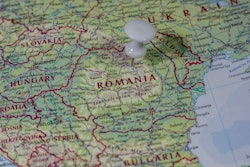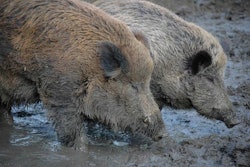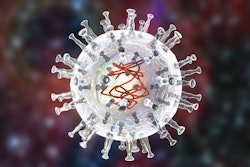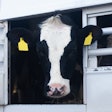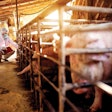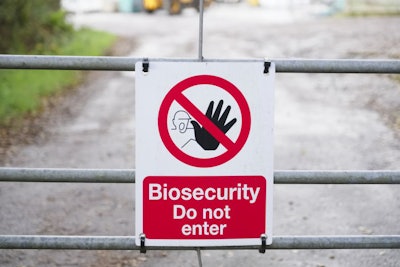
To help the response of governments in the region to serious diseases, the European Union (EU) has launched a new project to improve biosecurity in Southeast Asia.
At a meeting in Myanmar last week, the European Union (EU) launched a three-year regional project to support governments responding to outbreaks of infectious diseases and global biological events.
Main aims of the initiative — the BIOSEC Enhanced Biosecurity in South-East Asia project — are to support governments with biosecurity and risk management, as well as to strengthen cross-border cooperation and data sharing. It will also assist by reviewing relevant national legislation and guidelines, and strengthen their enforcement.
The EUR3.5 million (US$3.9 million) project will continue for three years, according to the European Union External Action Service (EEAS). The initiative was launched last week in the Myanmar capital, Nay Pyi Taw. It was attended by experts from Cambodia, Malaysia, Myanmar, Singapore and Vietnam at a meeting.
Cross-border cooperation and biosecurity risk management have been put into the spotlight by the rapid worldwide spread of COVID-19, said EU Ambassador to the host country, Kristian Schmidt.
“Biosecurity is about saving lives, as the COVID-19 outbreak unfortunately reminds us,” he said. “Strong international cooperation is the way to contain the spread of highly communicable diseases in our modern world. The EU is therefore pleased to extend this timely support and cooperation with countries in Southeast Asia so we are all better prepared to respond to threats to our biosecurity.”
For Myanmar, a senior official in the Ministry of Education welcomed the EU initiative, reported Myanmar Times.
Participating countries will be able to upgrade laboratory services to better identify the type and source of disease-causing agents, according to Win Khaing Moe, director general of the Department of Research and Innovation.
Disease control with biosecurity
“Biosecurity” covers the control and security procedures that can reduce the risk of the transmission of infectious diseases, reports Mizzima. The term also covers the malicious use of pathogens or toxins against people, animals and plants.
Fast and effective response to such threats rely on surveillance systems, rapid detection capability and close cooperation between medical and veterinary authorities. Also required are risk management systems to prevent — and, if necessary, retrieve — high-risk biological materials falling into the wrong hands.
Among the diseases that present a global threat to animal production are avian influenza in poultry, and African swine fever in domestic pigs and wild boar.


